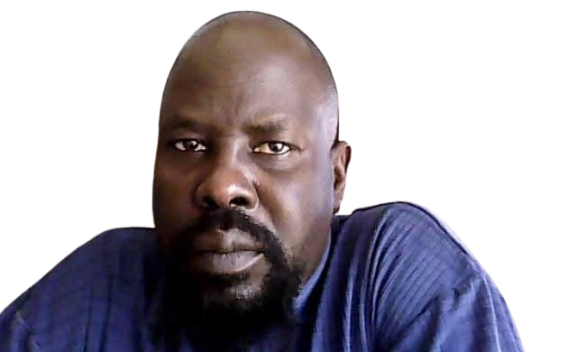In South Sudan today, a quiet but powerful dynasty has taken root—one that many citizens recognize, but few dare to challenge. It’s not a system built on democracy, merit, or public service. It’s a system built on bloodlines, legacy, and entitlement. It’s what many Dinka refer to as “Wunweng”—the owner of the cow. But in this context, the cow is not livestock. It’s the country. It’s the government. It’s power.
When Mr. Ateny Wek referred to Adut Kiir Mayardit as “Wunweng,” many Dinka understood exactly what he meant. They embraced it. They believed it. Because for many, this is the only system of governance they’ve ever known—one rooted in lineage and inheritance, not in democratic ideals or socialist principles.
We’ve seen this play out across states and within the national government. When a member of parliament dies, their child or spouse often takes the seat. When a minister passes away, their family is considered first for replacement—especially if the position is tied to their community. It’s not just accepted; it’s admired. Someone even suggested, “Someone should let Mabior Garang in,” implying that his mother, Rebecca Nyandeng Garang—currently one of the Vice Presidents—should step down from politics to make way for her son.
We’ve seen the children of Kiir Mayardit, James Wani Igga, Kuol Manyang, Awet Akot, and others appointed to high positions. These are the Wunweng—the owners of the government and the country. The rest of us? We are subjects. Our role is to clap, send congratulations, and remain unseen.
And here’s the plain truth: the country that cost 2.5 million lives, displaced 4.5 million more, and destroyed countless homes and livelihoods has been claimed by a few elites. Only they count. They hold important positions. They get paid in a country where many citizens have never held a job since independence. We, the rest, have been reduced to mere spectators.
Since independence, the country has been run by decree—appointments made without public input, recycling the same individuals over and over. The same undersecretaries, ministers, directors, and ambassadors rotate through the system like a closed circuit. Some have held more than five different ministerial roles. Others have been ambassadors, then ministers, then governors, and back again. It’s a carousel of power reserved for a select few.
The government has become communal and secretariat—where certain communities dominate key positions, while others have never held meaningful roles since independence. Some individuals have remained in government uninterrupted, while others—who sacrificed just as much—have been forgotten entirely.
Now, it’s time for the children of our “dynamic leaders” to enter politics—not to serve the people, but to protect their fathers’ legacies. It’s heartbreaking to realize that this is the system we fought for over 22 years to build. The liberation struggle was fueled by the sacrifices of innocent villagers—their cattle, their food, their lives. Yet those masses who contributed everything to the cause are forgotten. They are not considered Wunweng, and their children are invisible when it comes to political opportunity.
Even if democracy were allowed today, many ordinary citizens wouldn’t stand a chance. They don’t have the famous names or the privileged careers to qualify for office. Because in this system, Wunweng are generals—and their clans are the gatekeepers.
This is not the liberation we dreamed of. It’s a dynasty. And unless we confront it, the cow will remain owned—and the rest of us will remain congratulators.
The writer, Morris Kuol Yoll, is a South Sudanese Canadian. He resides in Calgary and can be reached at: myoll2002@yahoo.com
The views expressed in ‘opinion’ articles published by Radio Tamazuj are solely those of the writer. The veracity of any claims made is the responsibility of the author, not Radio Tamazuj.




